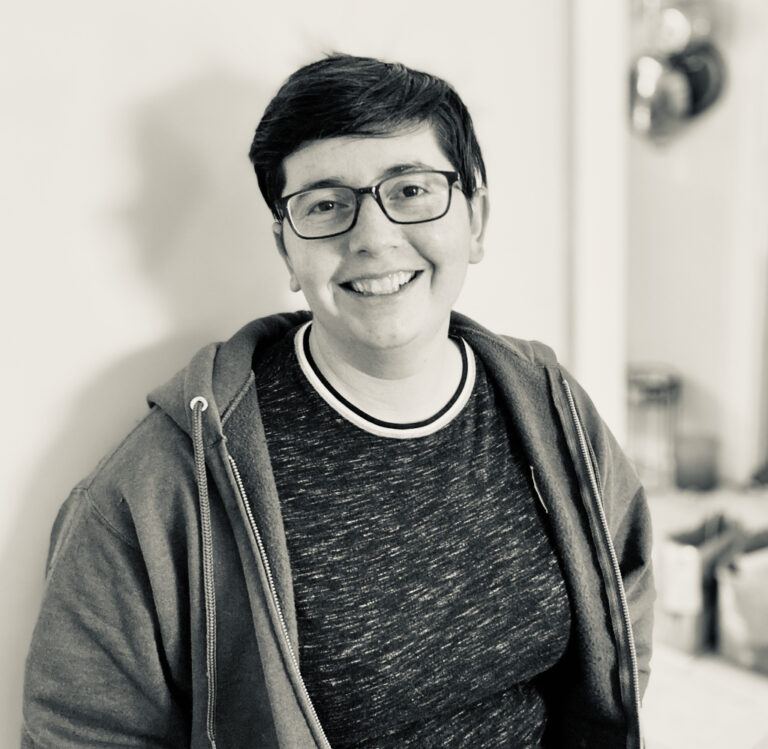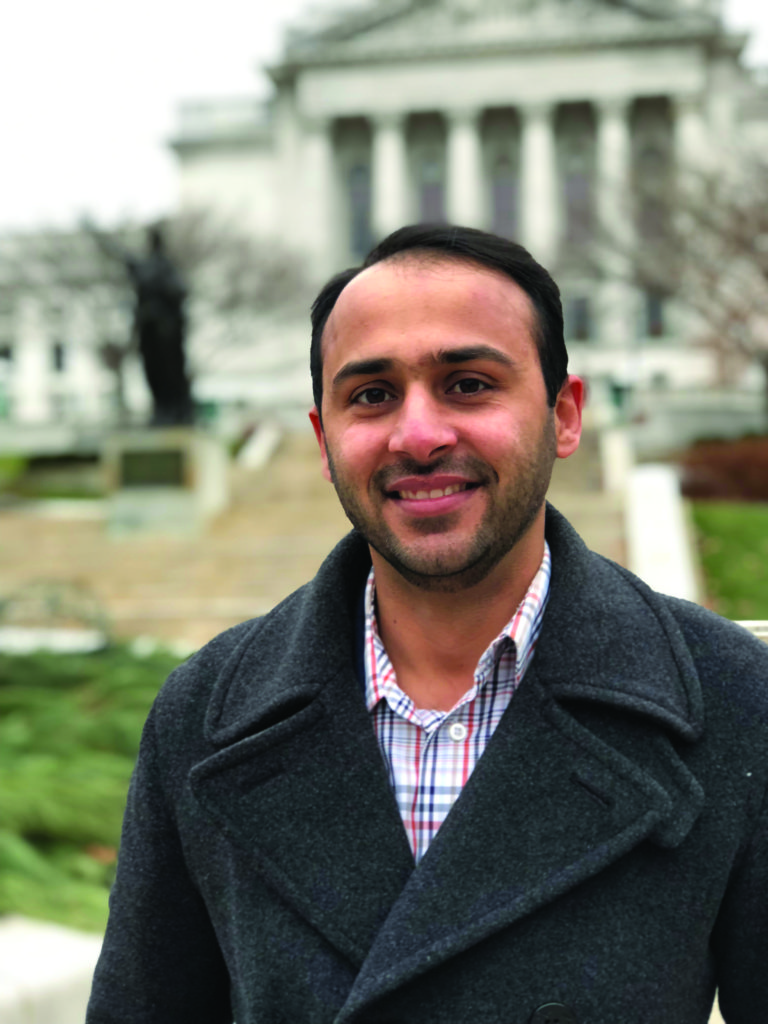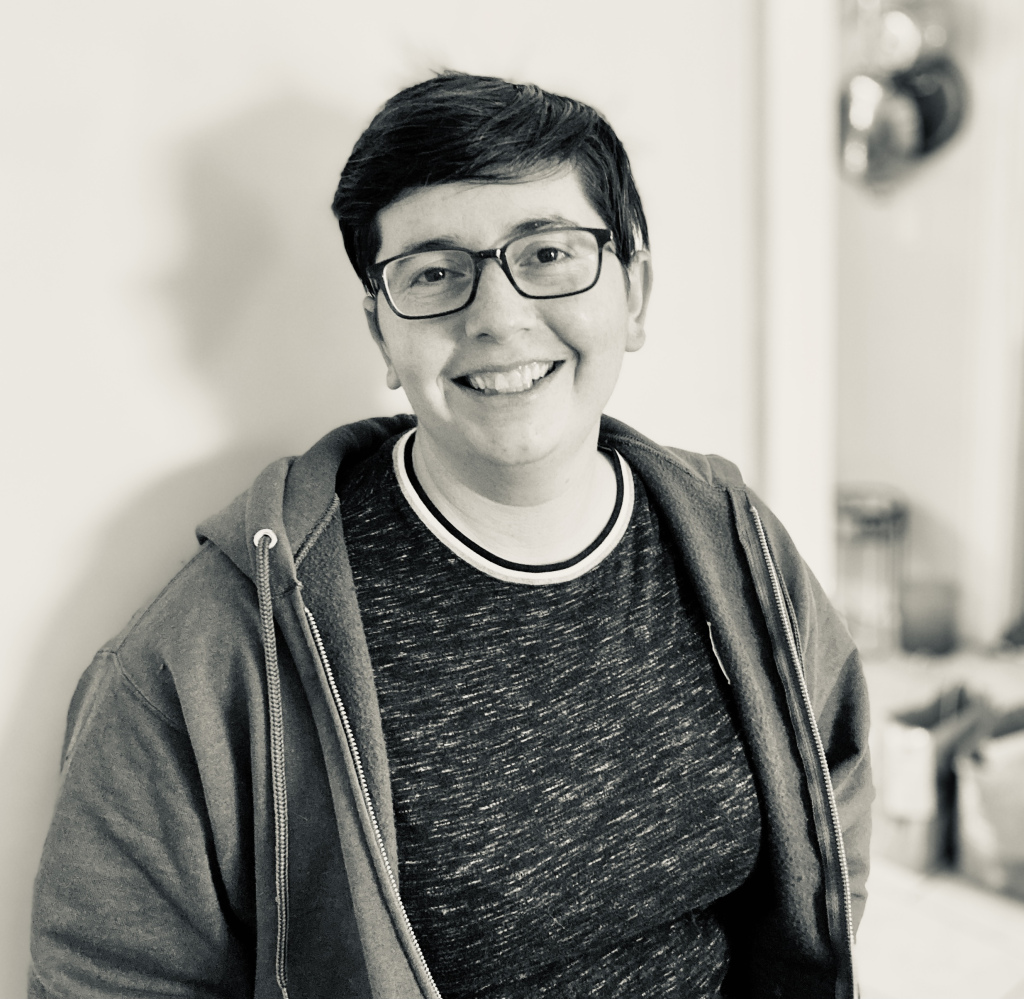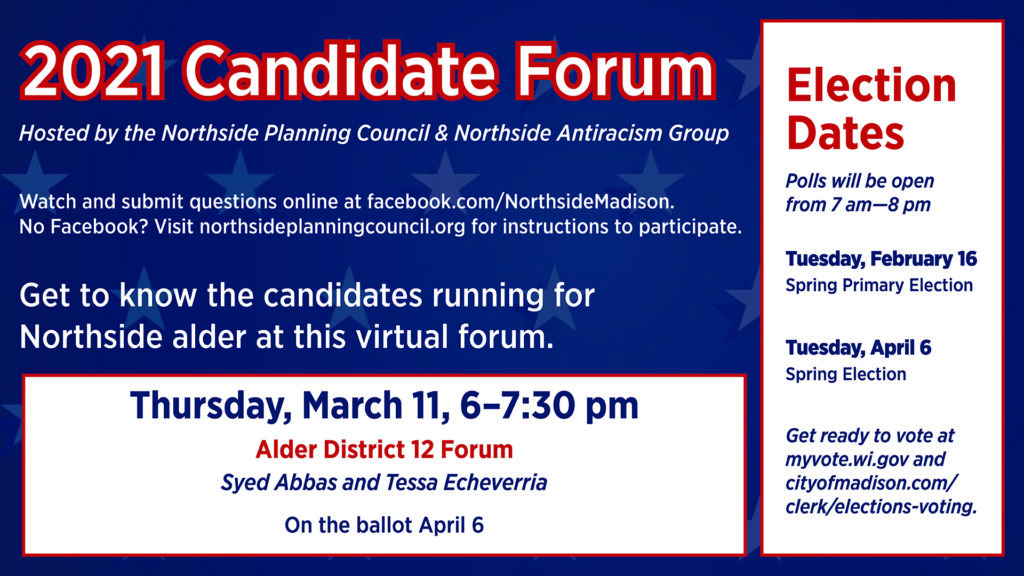
Candidate questions: Madison District 18
These questions were written by the Northside Antiracism Group to reflect issues that impact all Northsiders, have been the focus of local organizing and that city alders have power to act on.
Question 1: Environmental Justice
A report from Midwest Environmental Advocates last June showed multiple sites of environmental contamination on the Northside, including on and near the former Oscar Mayer property, where there is planned development by both the City of Madison and private developers. In July, the Common Council adopted the Oscar Mayer Special Area Plan (OMSAP) with a commitment to “address racial justice and social equity during the OMSAP redevelopment process which must include assessing and preventing human exposures to toxic chemicals at the site and/or released from the site among all people and particularly at-risk low income people and people of color.”
As the Northside sees much needed development of affordable housing and other projects, what actions will you take through the City to identify and clean up environmental contamination, including on and near the former Oscar Mayer property?
The full report from Midwest Environmental Advocates is available at northsidenews.org/thetransparencyproject.
Question 2: Community Safety
Like many communities across the country, Madison saw an increase in gun violence in 2020 as widespread unemployment exacerbated income inequality, and inadequate social services failed to meet the basic needs of individuals and families experiencing economic and social stresses during the COVID-19 pandemic. Uprisings for racial justice also spotlighted the ways that our systems of policing and incarceration uphold racism and create and worsen racial disparities. Rather than reducing violence, these systems enact violence and cause harm.
What does it mean to you to take a trauma-informed approach to violence? Instead of reacting through the criminal justice system, what proposals, programs or services would you advocate for to proactively support families and prevent violence?
Question 3: City Budget
The City of Madison budget shapes priorities and programs for years to come. Right now, public engagement takes place at the end of the budgeting process, after the mayor and city staff have written a draft based on previous years. Community members and alders are left to react to the budget, rather than proactively shaping it.
What would you do to make the City of Madison budget process more participatory and to ensure that diverse community members have power to shape budget priorities?
Syed Abbas

Question 1: During last year’s Oscar Mayer Special Area Plan approval process, I fought tooth and nail to protect residents’ health and wellbeing from the heavily contaminated Oscar Mayer site. I raised questions and expressed my deep concerns regarding environmental justice during the Oscar Mayer Special Area Plan approval process. I put substantial pressure on city staff and developers to do better and take the necessary steps to clean up the contamination. I challenged city staff and developers who were pushing to place affordable housing on contaminated land.
As your alder, I do everything in my power to address your concerns about PFAS, F-35 fighter jets and environmental injustices at Oscar Mayer. I promise to do whatever it takes to ensure the contamination at Oscar Mayer is cleaned up.
I proposed environmental justice language at the Common Council that was a Madison first; it was approved unanimously: “Address racial justice and social equity during the OMSAP redevelopment process, which must include assessing and preventing human exposures to toxic chemicals at the site and/or released from the site among all people and particularly at-risk low-income people and people of color.” I am an action-based alder that works hard for the community.
Question 2: I recognize that trauma can disrupt our ability to trust and to manage feelings and can affect the ways we feel about other people. It is important we create policies that build trust between the community and the criminal justice system. I wholeheartedly support policies to proactively support our families and prevent violence.
I supported the development of the new Civilian Oversight Board; I advocated for hiring an Independent Police Monitor.
I worked to bring a CAHOOTS (Crisis Assistance Helping Out on the Streets) model to Madison by co-sponsoring a $250,000 budget amendment to support the crisis response team, where, in the case of behavioral health emergencies, a community paramedic is paired with a specially trained crisis worker.
To prevent violence, it is important for us to provide financial resources and our time to hear, understand and take into consideration the needs of the community. I worked actively with the Northside Planning Council and started the process to launch the mobile neighborhood connection project. Connecting communities of color and disconnected communities with resources, helping to empower them with resources is my priority. As your alder, I took these steps to move the Northside in the right direction.
Question 3: We must empower our diverse communities to have input in the budget process. As a person of color, I personally know how hard it can be to get a seat at the table. It is the responsibility of an alder to understand his or her district and work with city staff to allocate funding or set priorities to ensure the voices of our diverse community are considered and included.
As your alder and Common Council Vice President, I prioritized communicating with, listening to, and responding to my constituents. With the help of community feedback, I sponsored the following 2020 budget amendments, which were approved by the common council.
- Allocating $500,000 in funds for affordable housing projects
- Allocating $3,500,000 for the men’s homeless shelter
- Allocating $2,500,000 for land banking to promote affordable housing
- Allocating $45,000 to create Crisis Response Team Vehicle
- Allocating $250,000 for COVID Relief Funds
- Sponsoring a grant program for Madison Downtown Safety Initiative
- Allocating $50,000 for PFAS testing
- Sponsoring $50,000 for street outreach workers
The focus of my work is to develop a people-centered budget, prioritize investing in the community and increase diverse community voices in the budget process.
Tessa Echeverria

Question 1: We need development democracy now, so that the changes to our district over the next few years will lift up our community, not push us out. The magnitude of the current crisis requires that development must be done through an environmental lens; no one deserves to live in contaminated areas. Any plans should take into account the potential costs that may be incurred when disturbing contaminated sites and prepare for remediation of unknown contamination encountered during construction.
The city needs to add environmental protections to every development plan, including environmental surveys (already done for Oscar Mayer) and clean up plans. The City of Madison must adopt city-wide environmental justice policies. I am encouraged by the environmental language in the Oscar Mayer Special Area Plan. We need policies with teeth that will put the health of the community and the environment above private interests. At Oscar Mayer, the environmental study identifies eight sites that need to be cleaned up before construction can start.
The city needs to address the quality of our drinking water and the effects development will have. I also would like to see flood preparation given that frequent floods are in our future and will affect our district.
Question 2: I would invest in restorative justice practices, and black-led organizations that practice transformative justice. It’s important that we follow the lead of community groups that already do this work, like Dane County TimeBank. To effectively stop crime in our communities, we must address the root causes, particularly the poverty within our community. Funding should prioritize community development, public health, early childhood education and human services. We have to establish community oversight and public reporting practices that prevent over-policing of working class and poor neighborhoods which also house more Black, Indigenous, and people of color residents.
In our community, trauma filters down over generations. We have to prioritize ending the conditions that create traumatic situations, such as homelessness, abuse and eviction. By using restorative justice we will work to develop a community-based approach to respond to harm, to heal damaged relationships and restore power and agency to communities and
our neighbors.
I oppose punitive ordinances, such as the criminalization of loitering and/or panhandling, that disproportionately target Black, Indigenous, and other people of color. Such ordinances only make poverty a crime.
Question 3: We deserve a city that invests in its people, and we can’t get that if citizens don’t have a voice in the process. We need to empower Madisonians, not the lobbyists and special interests that dominate our current process. Rather than having a completed budget where the community can only hope to tinker with the particulars, the process needs to start with residents and neighborhoods deciding what’s important for the
city budget.
The city should have an Economic Development Plan that guides policy and practice, and focuses on neighborhoods most in need of investment through a public process.
Madison should adopt a participatory budgeting process, where the residents of Madison directly determine a portion of the city’s annual budgets. Budget information should be more transparent and understandable for members of the public, including details about agencies funded through the Community Development Division.
The city will need to increase community education, virtual platforms and other community media that offers informational programming to foster an open and democratic government. We need to invest in the necessary equipment and staffing to ensure all city meetings are video recorded and easily available to the public, with written transcripts and vote rolls.
